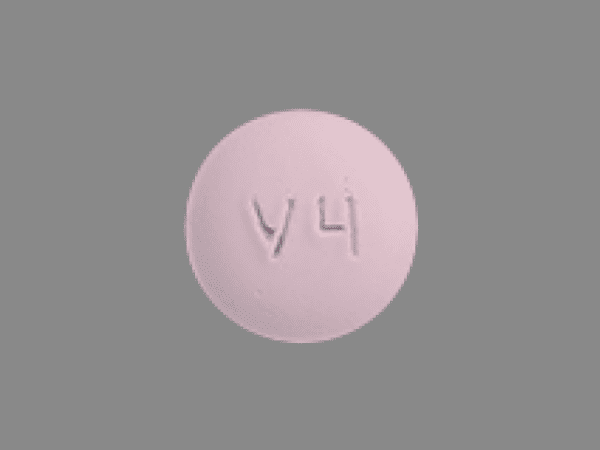Deutivacaftor / Tezacaftor / Vanzacaftor Side Effects
Applies to deutivacaftor / tezacaftor / vanzacaftor: oral tablets.
Important warnings
This medicine can cause some serious health issues
-
Drug-induced Liver Injury and Liver Failure
- Elevated transaminases observed.1
- Serious and potentially fatal drug-induced liver injury and liver failure leading to transplantation and death reported in patients who were taking elexacaftor/tezacaftor/ivacaftor.1
- Assess ALT, AST, alkaline phosphatase, and bilirubin prior to initiating, every month for first 6 months, every 3 months for next 12 months, then at least annually.1
- Interrupt for significant elevations in liver function tests or signs or symptoms of liver injury.1 Follow closely with clinical and laboratory monitoring until abnormalities resolve.1
- Resume if abnormalities resolve and if benefit is expected to outweigh risk.1
- Should not be used in severe hepatic impairment (Child-Pugh Class C).1 Not recommended in moderate hepatic impairment (Child-Pugh Class B).1
Side effects include:
Most common adverse reactions (≥5%): cough, nasopharyngitis, upper respiratory tract infection, headache, oropharyngeal pain, influenza, fatigue, increased ALT, rash, increased AST, sinus congestion.
See also:
For healthcare professionals
Applies to deutivacaftor / tezacaftor / vanzacaftor: oral tablet.
General adverse events
Most frequently reported adverse reactions were cough, nasopharyngitis, upper respiratory tract infection, headache, oropharyngeal pain, influenza, fatigue, increased ALT, rash, increased AST, and sinus congestion.[Ref]
Cardiovascular
- Common (1% to 10%): Increased systolic and diastolic blood pressure[Ref]
Dermatologic
- Very common (10% or more): Rash (includes pruritic rash) (up to 11%)[Ref]
Gastrointestinal
- Frequency not reported: Abdominal pain, constipation, diarrhea, nausea, vomiting[Ref]
Hepatic
- Common (1% to 10%): Transaminase elevations (ALT or AST)
- Uncommon (0.1% to 1%): Increased GGT[Ref]
Musculoskeletal
Nervous system
Other
- Very common (10% or more): Fatigue (up to 11%)
- Frequency not reported: Pyrexia[Ref]
Psychiatric
- Uncommon (0.1% to 1%): Depression[Ref]
Renal
- Frequency not reported: Increased blood creatinine phosphokinase[Ref]
Respiratory
- Very common (10% or more): Cough (productive cough) (up to 25%), nasopharyngitis (up to 21%), upper respiratory tract infection (viral) (up to 21%), oropharyngeal pain (up to 14%), influenza (up to 11%)
- Common (1% to 10%): Sinus congestion
- Frequency not reported: COVID-19, dyspnea, hemoptysis, infective pulmonary exacerbation of cystic fibrosis, increased sputum, nasal congestion, rhinorrhea[Ref]
References
1. (2024) "Product Information. Alyftrek (deutivacaftor / tezacaftor / vanzacaftor)." Vertex Pharmaceuticals
More about deutivacaftor / tezacaftor / vanzacaftor
- Check interactions
- Compare alternatives
- Dosage information
- During pregnancy
- Drug class: CFTR combinations
- En español
Patient resources
Other brands
Professional resources
Other brands
Related treatment guides
Further information
Deutivacaftor/tezacaftor/vanzacaftor side effects can vary depending on the individual. Always consult your healthcare provider to ensure the information displayed on this page applies to your personal circumstances.
Note: Medication side effects may be underreported. If you are experiencing side effects that are not listed, submit a report to the FDA by following this guide.

